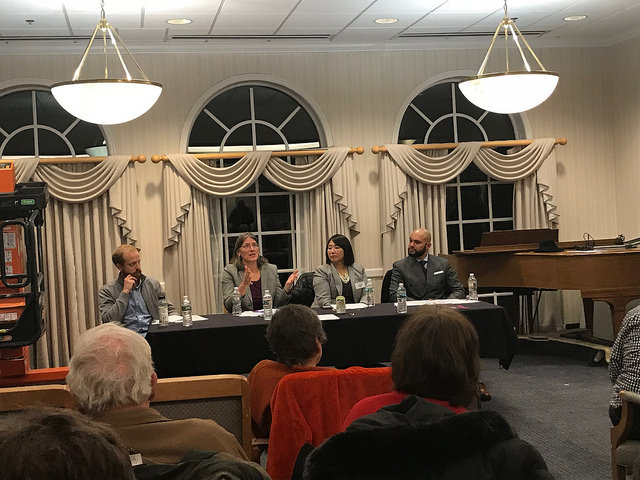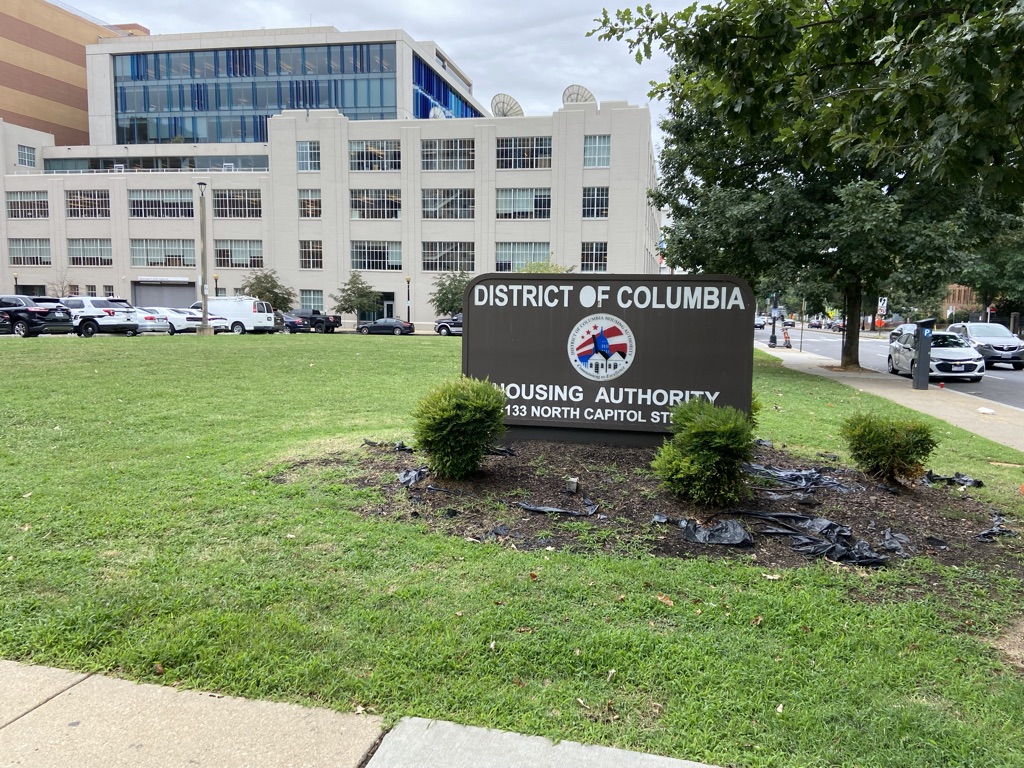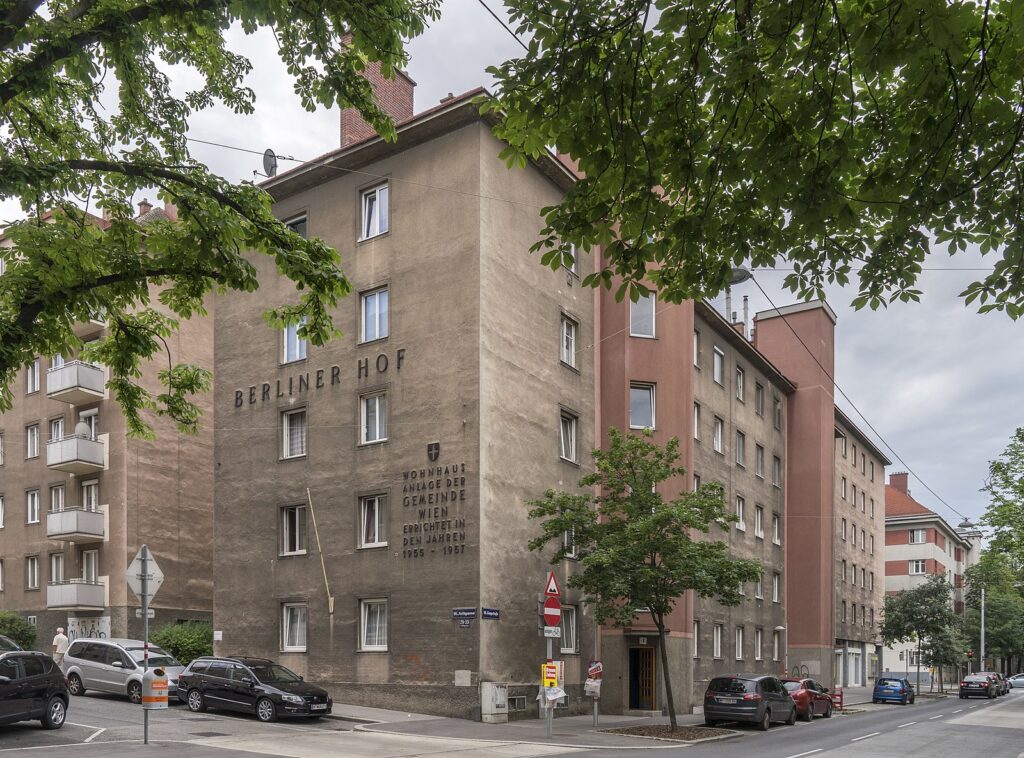On Jan. 30, the night of President Trump’s first State of the Union address, Ward 3 Democrats held a panel discussion to consider the myriad problems plaguing the city when it comes to affordable housing and homelessness. The ward, where some residents have sued to block the construction of a proposed family shelter, was an important community in which to hold such a discussion.
At-Large Councilmember Robert White noted that being employed does not save low-income residents from the housing crisis. “What we have is a lack of opportunity for people of moderate income,” he said. “They are not becoming homeowners.”
White said the city is investing in programs such as rapid rehousing, targeted affordable housing and permanent supportive housing to help people dealing with homelessness. However, a significant obstacle with rapid rehousing is that people in shelters are afraid to accept rapid rehousing offers because many who go through the program not only become homeless again but now have an eviction on their record, according to White.
[Read more: D.C.’s rapid re-housing: in need of improvement or the end of the road?]
White praised the city for a political climate that has led to more investment in affordable housing than any other jurisdiction in the nation, but did not gloss over the magnitude of the problem.
“While we throw millions at what is a billion-dollar problem, it feels like throwing pebbles and that we are really not hitting the mark,” he said. White has introduced a bill that will turn unused office space into affordable housing.
[Read more: D.C. council hears testimony on converting office space to affordable housing]
The city’s Department of Housing and Community Development manages 14 programs and services to help people find housing, according to Deputy Director Allison Ladd. The Bowser administration has made housing a priority, as evidenced by her unprecedented commitment of $100 million to the local Housing Production Trust Fund, according to Ladd.
“We have been able to produce 1000 units across the city,” Ladd said. “We don’t want to just have the funds available; we want to invest them.” DCHD launched its Vacant to Vibrant D.C. initiative in December to help dispose of vacant property in its inventory.
[Read more: Opinion — DHCD hears public input on new “Vacant to Vibrant” program]
During the question-and-answer portion of the panel, audience members raised concerns about the closure of D.C. General Family Shelter, which Mayor Bowser recently announced would occur at the end of 2018.
“I used to work at this horrible place as a volunteer called D.C. Village,” a Ward 3 resident said. “It was replaced by an equally horrible place called D.C. General Hospital. And if we’re gonna tear that down, where are we gonna put the families before we build the new shelters?”
Max Tipping, a panel member and an attorney for the Washington Legal Clinic for the Homeless, could not provide an answer but raised his own concerns over the shelter closing before enough replacement housing facilities have been built.
“The whole idea behind closing D.C. General has always been that replacement shelters had to come online before it was closed,” Tipping said. “As of right now, I think by the time they are planning on closing D.C. General, only three of them will be online. I think it is going to put a lot more pressure on the system; there will be more families in motels and families who are routinely denied shelter access when they are lawfully entitled to it.”
The 50-unit shelter in Ward 3 was expected to open in 2019 before the residents’ lawsuit was filed. Bowser’s D.C. General replacement plan called for a new shelter to be built in all eight wards: seven family shelters and one downtown women’s shelter, which opened in 2016.
Hopefully, the residents in Ward 3 can see how the decisions that are made in any ward will affect the rest of the city. Ward 3 is an affluent area, and meetings like this are necessary to keep the dialogue about housing at the forefront of the minds of all District of Columbia residents. In time, such events should be able to establish political will to make sure everyone has a safe and stable home.
Olivia Richter contributed reporting.







